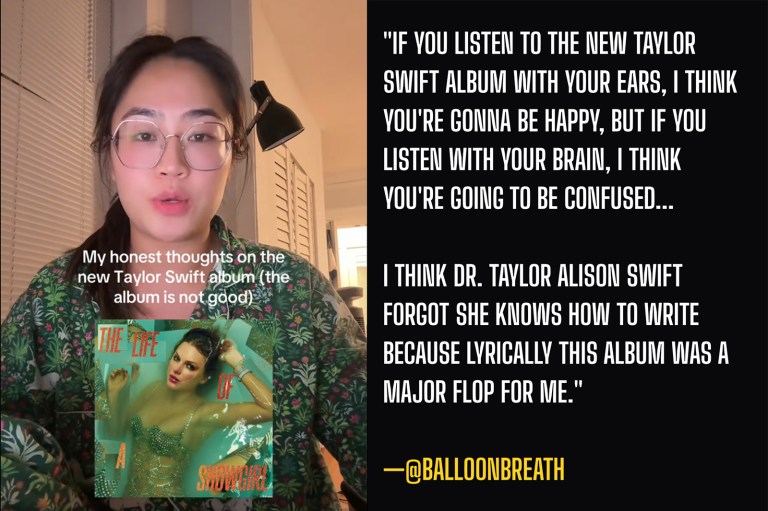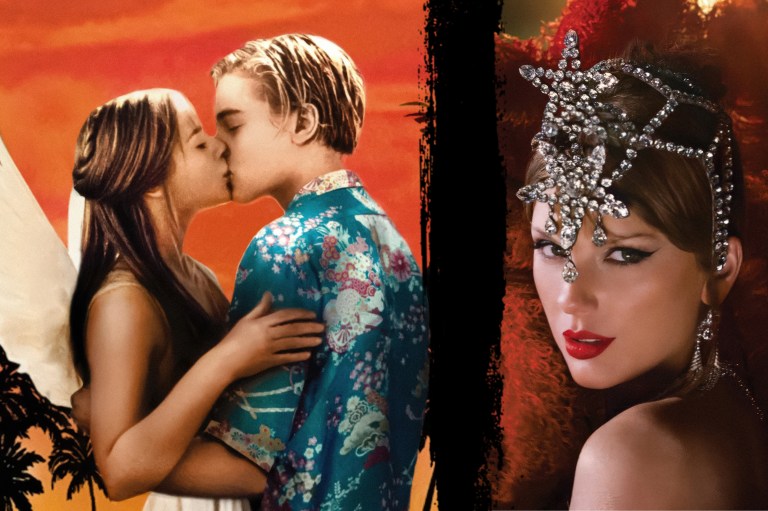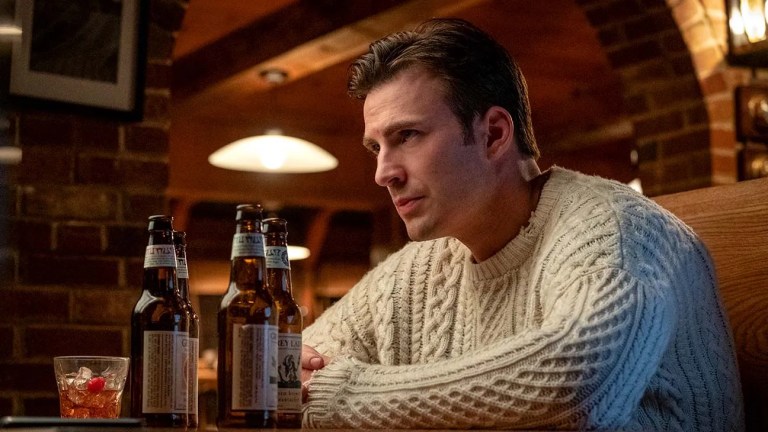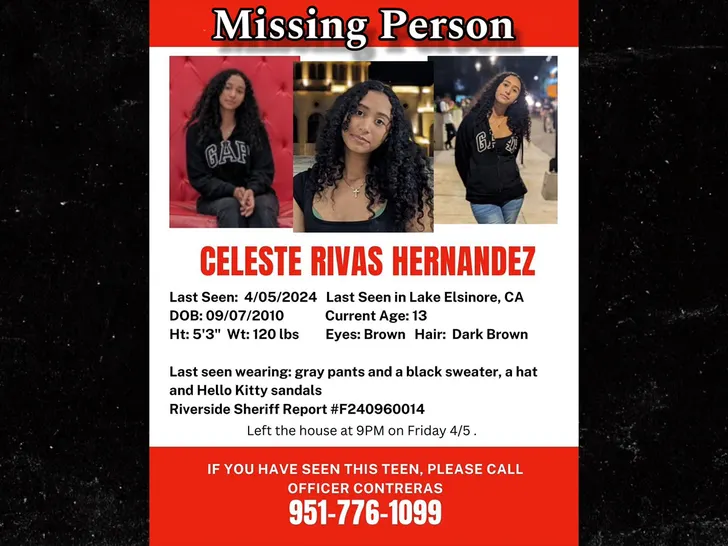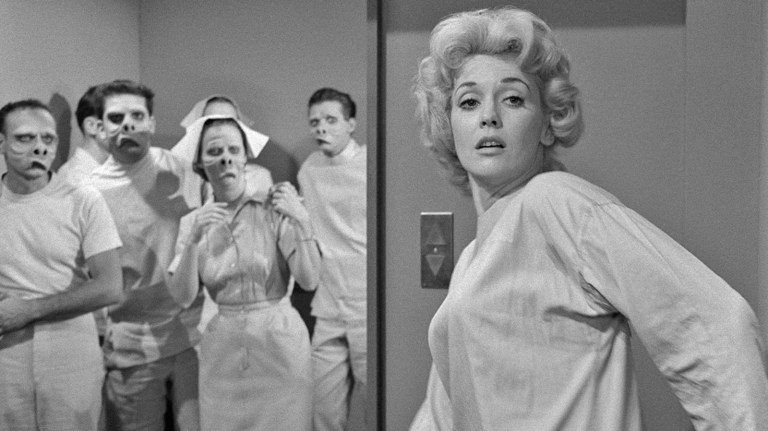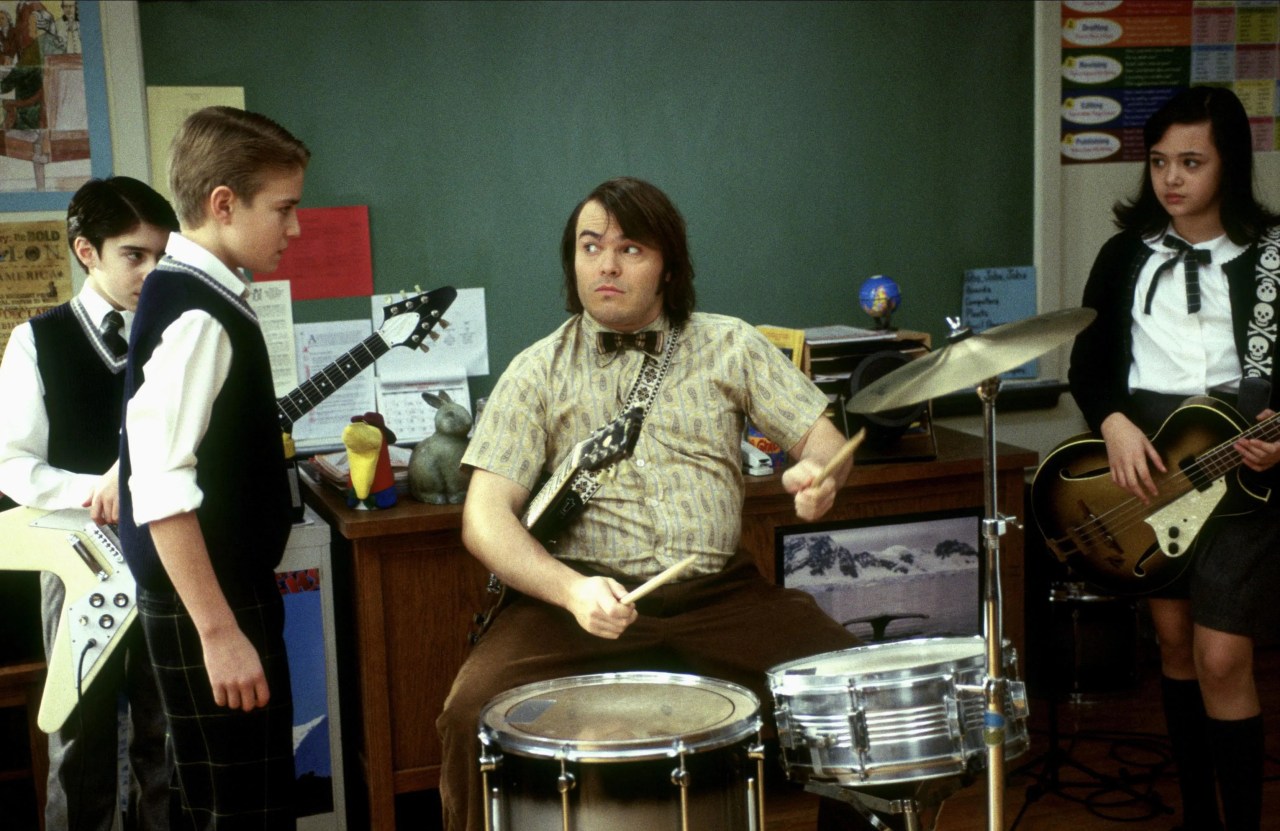
The 7 Best Movie Teachers Of All Time
It’s impossible to overstate the importance a good teacher has on the trajectory of our lives.
Encouraging us to recognize the best in ourselves, teachers can serve as an all-encompassing mentor for their prospective students, galvanizing them to try harder, reach higher, and dream bigger than they initially imagined possible. In this sense, teachers almost appear as the closest thing to a second parent we have in our lives, cheering us on as we reach towards the ideal future ahead of us.
Similar to their real-world counterparts in the field of education, pop culture comes packed to the brim with lovable fictional instructors, from TV icons like Boy Meets World’s George Feeny to paternal figures like Dead Poets Society’s John Keating. While various TV shows have plenty of educators we’d love to study under, there’s also something to be said for the large assortment of cinematic teachers we’ve seen over the past several decades, each of whom have proven themselves adept at positively shaping the lives of the students in their classrooms.
Joe Clark (Lean on Me)
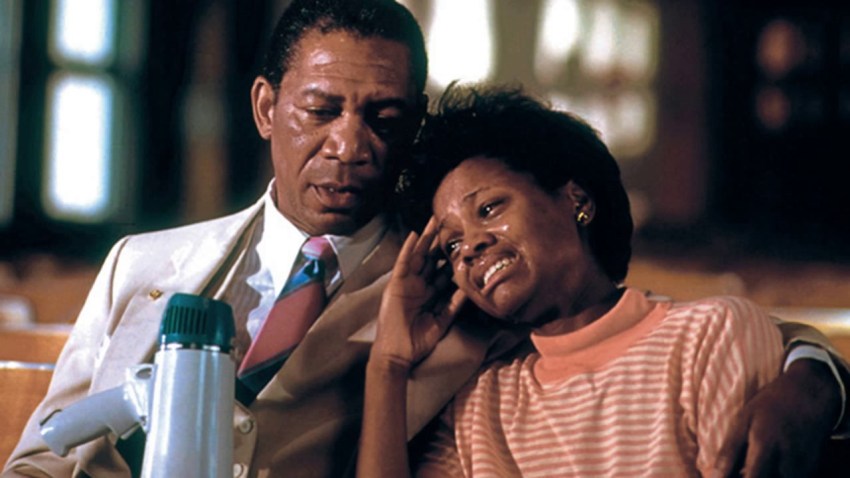
Morgan Freeman may not yell often, but when he does, viewers can’t help but instinctively snap to attention. Case in point with Freeman’s electric performance in 1989’s Lean on Me, a wondrous biopic centered around the life and career of New Jersey high school principal, Joe Clark. Seizing control of the delipidated Eastside High School and scaring the students into shape through his strict approach to education, “Crazy Joe”’s intensity might terrify the average audience member – but in the end, it’s clear he has nothing but the best intentions for each of his troubled students.
Dewey Finn (School of Rock)
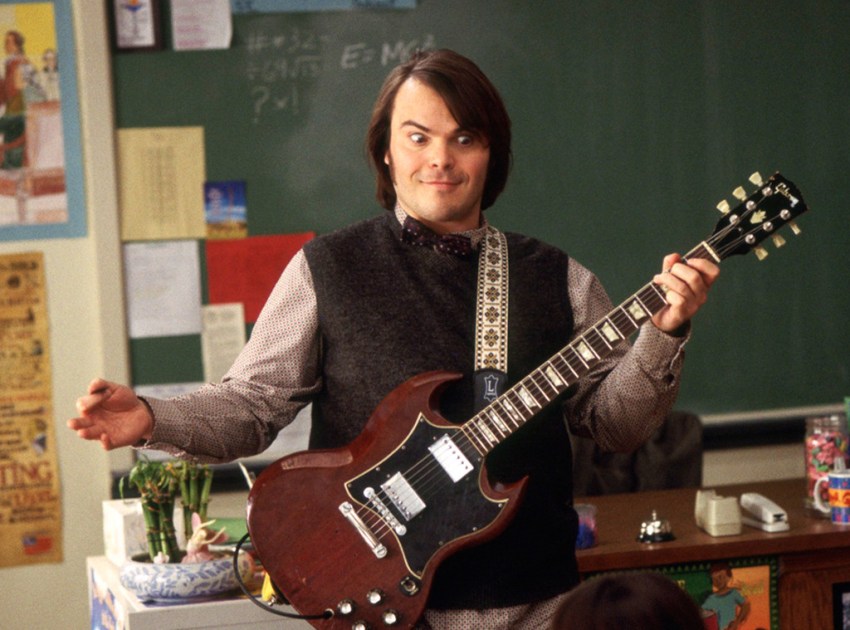
The rock and roll equivalent to Dead Poets Society’s John Keating, Dewey Finn may start off as a self-interested prima donna whose sole focus is on paying his rent. But as time goes on, the fraudulent “Mr. S” discovers his true passion for teaching the students of Horace Green, forming a deep and lasting bond with each of them that forever enriches their lives. Recognizing the talents of every student in his class, Finn encourages them to see the best in themselves, allowing them to overcome their pre-existing insecurities and gain an invaluable sense of self-confidence by School of Rock’s musical conclusion.
Severus Snape (Harry Potter)
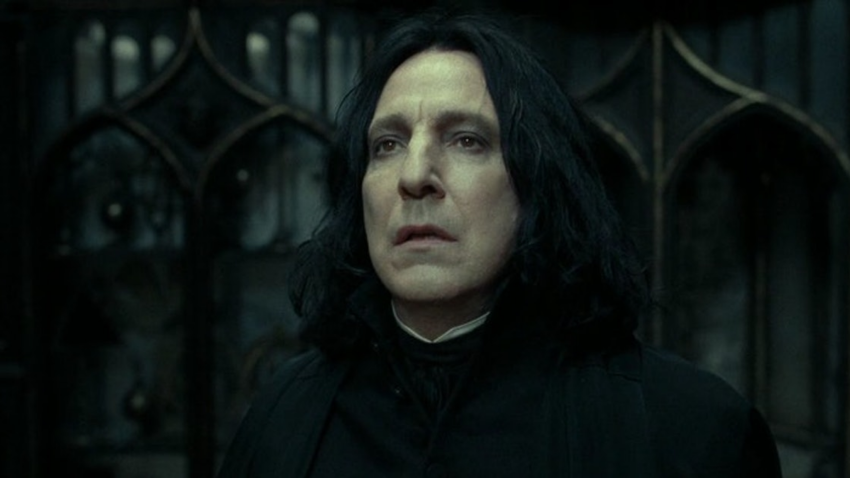
In contrast to most other well-known pop culture educators, Severus Snape never appears as an altogether genial, supportive, or emotionally available instructor. Instead, Hogwarts’ resident Potions professor makes the apparent disdain he holds for his students (especially Harry) glaringly obvious from the get-go. While most well-known film teachers might deliver some powerful words of wisdom to their precocious pupils, Snape rarely says anything except for dry insults and pointed bits of sarcasm. Yet as the final Harry Potter film makes clear, somewhere behind his macabre exterior lies a heart of almost radiant warmth and complexity—even if he hardly ever showed it.
Mark Thackeray (To Sir, with Love)
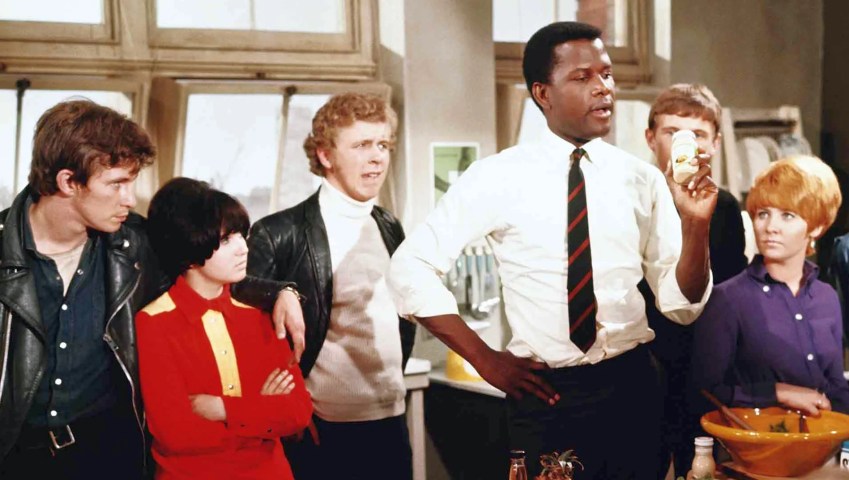
Audiences will always associate Sidney Poitier for his iconic role in 1967’s In the Height of the Night, but it’s worth underscoring the appeal of Poitier’s other steadfast performances, including his starring role in the 1967 drama, To Sir, with Love. Stepping into the rigid shoes of Guiana-born British educator Mark Thackeray, Poitier manages to show off two completely different sides to Thackeray’s character: the overbearing authoritarian and the affable classroom mentor. Speaking to his students as adults rather than treating them as disorderly children, Thackeray never for a moment condescends or speaks down to his class, encouraging them to rise to his level instead of sinking down to theirs.
Yoda (Star Wars)
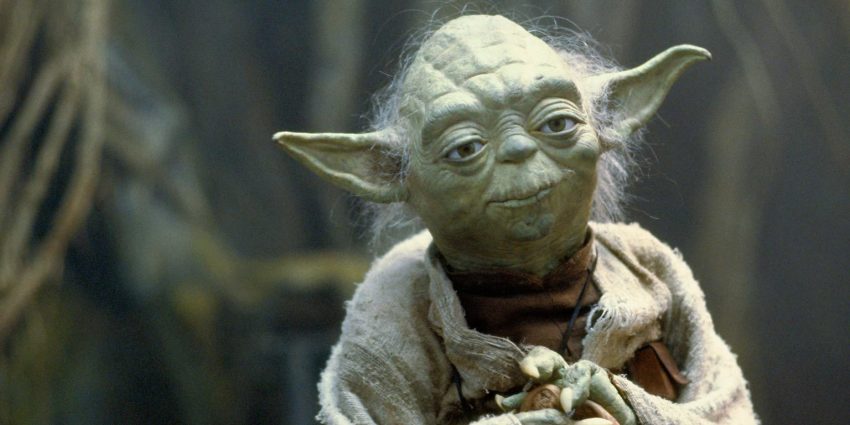
Obi-Wan Kenobi may have put Luke on the road to becoming a Jedi, but Yoda is the one who personally oversaw the young Tatooine farm boy’s training in the Force. Above all else, Yoda’s 900-year tenure with the Jedi speaks volumes about his knowledge about the Order, the Sith, and the delicate balance between the Light and Dark Side of the Force. While he may be a bit unorthodox in his teaching methods, he’s also able to pass on poignant lessons when the viewer least expects it, instilling the importance of self-belief and a general trust that all things will work out according to the will of the Force.
Jaime Escalante (Stand and Deliver)
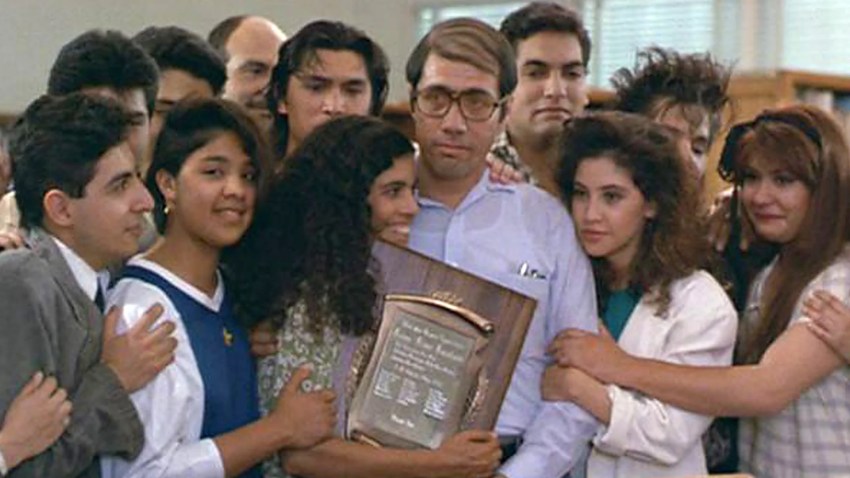
It’s impossible not to admire Jaime Escalante’s perpetual optimism in 1988’s biographical drama Stand and Deliver. Despite being faced with constant challenges from his initially hostile students, bureaucratic school directors, and pessimistic fellow instructors, Edward James Olmos’s determined math teacher never gave in to self-pity or defeat, refusing to let his kids spiral into a life of cyclical crime or low-income living. Recognizing the wondrous potential each of his students hold in the classroom, Escalante is able to set James A. Garfield’s students towards a more fulfilling future, one characterized by opportunities in higher education rather than petty theft and constant financial hardships.
John Keating (Dead Poets Society)
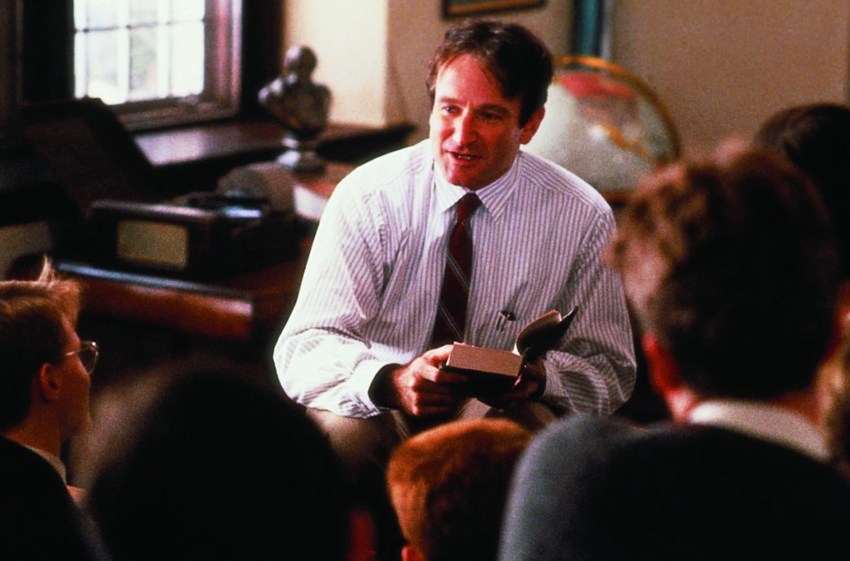
Great teachers have a way of fundamentally understanding their students and changing their lives for the better. Regardless of the subject they teach, they’re capable of forming lasting emotional bonds with their pupils and altering their entire view of life, as is the case for Dead Poets Society’s enthusiastic John Keating. Expertly played by the late great Robin Williams, Keating appears as the picture-perfect definition of a wise and knowledgeable teacher. Fostering his students’ appreciation for poetry (and for life itself, by extension), Keating manages to touch the hearts of every boy in his classroom, encouraging them to believe in themselves and to defend the things they deem most important in their lives. For this reason alone, Dead Poets Society might very well be the most influential film in Williams’ career – not to mention serving as one of the very best.
